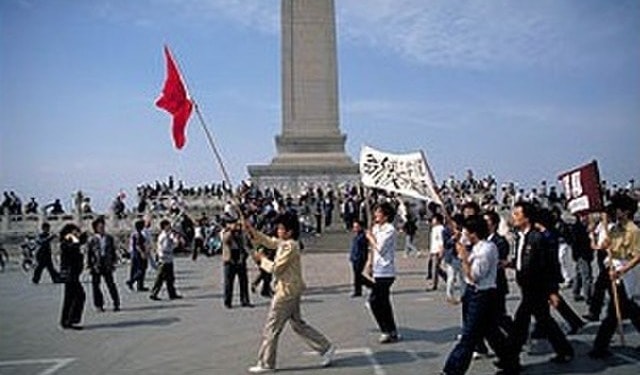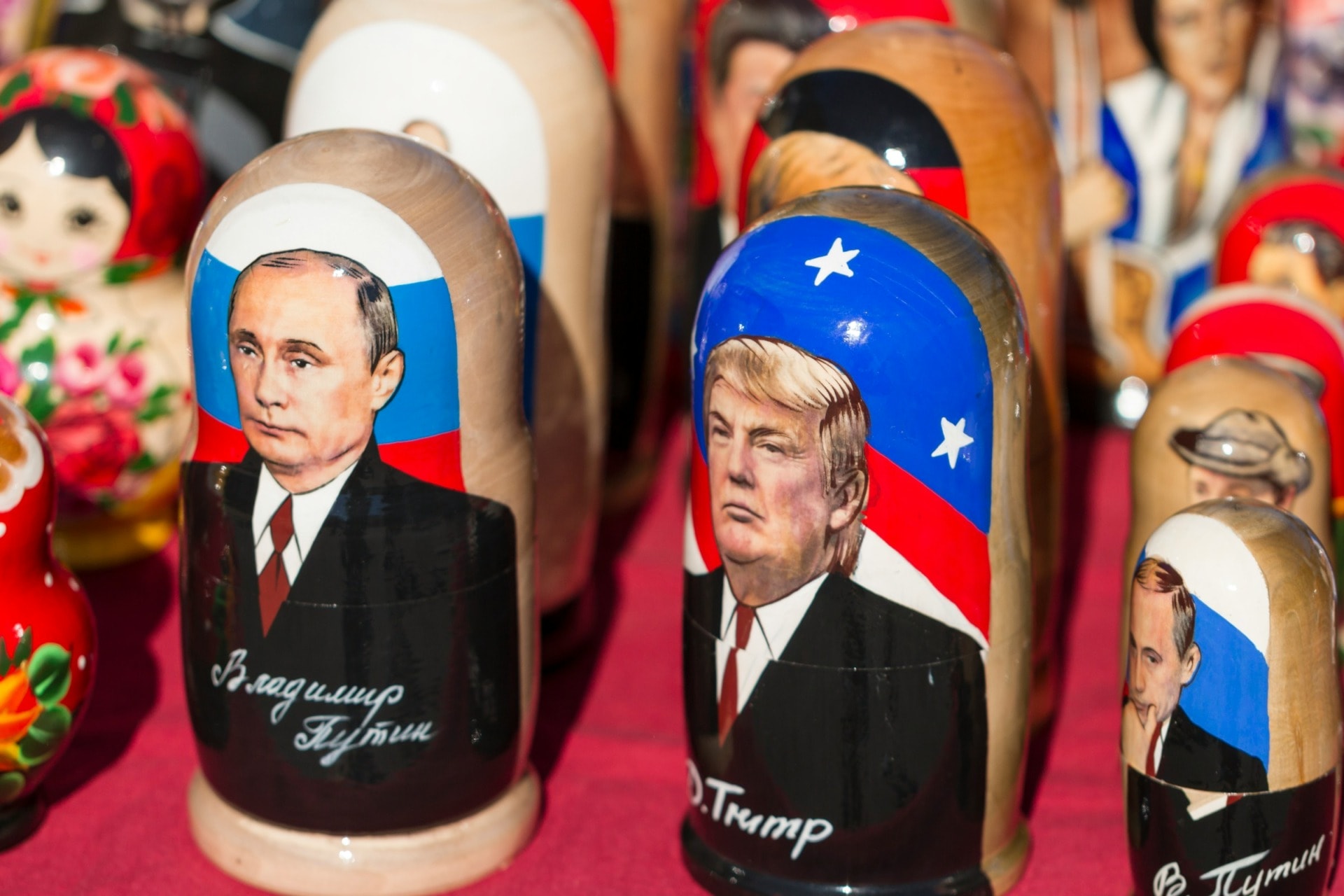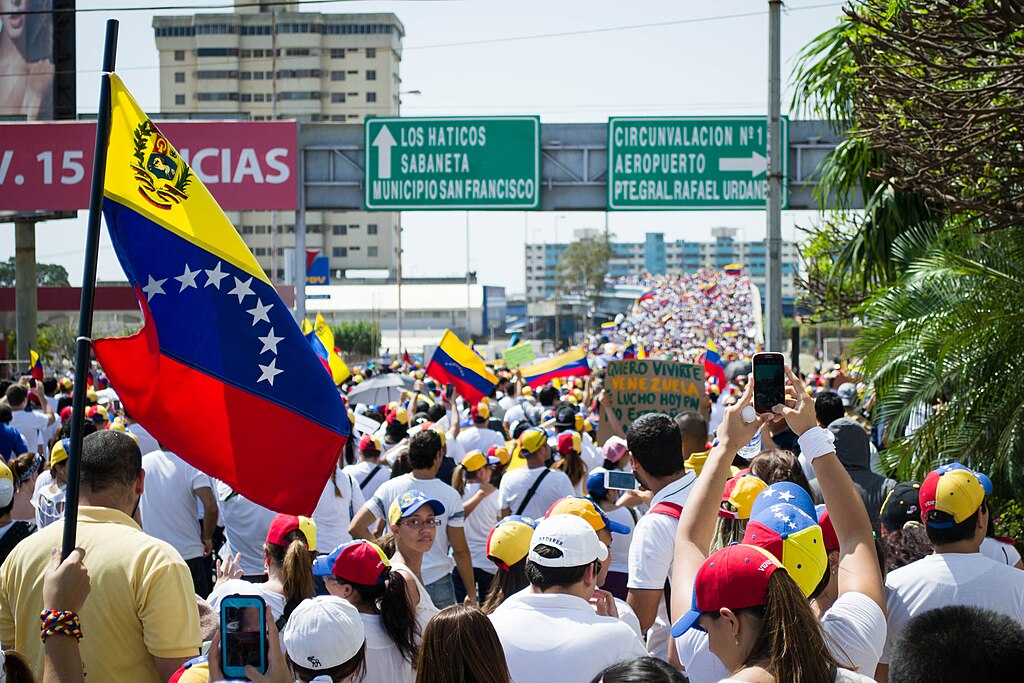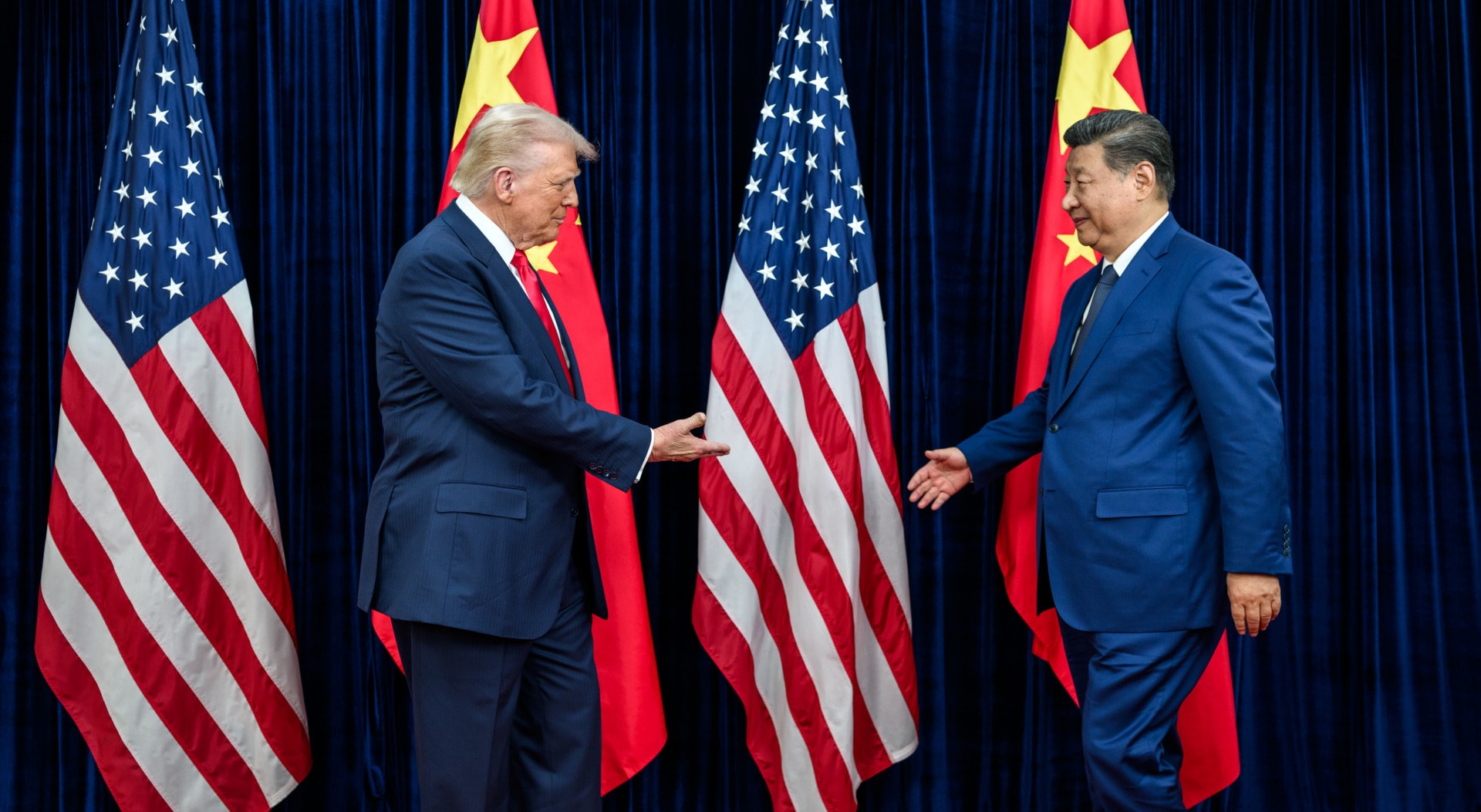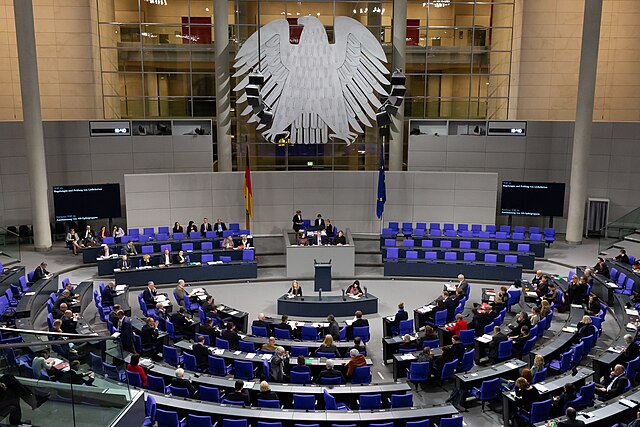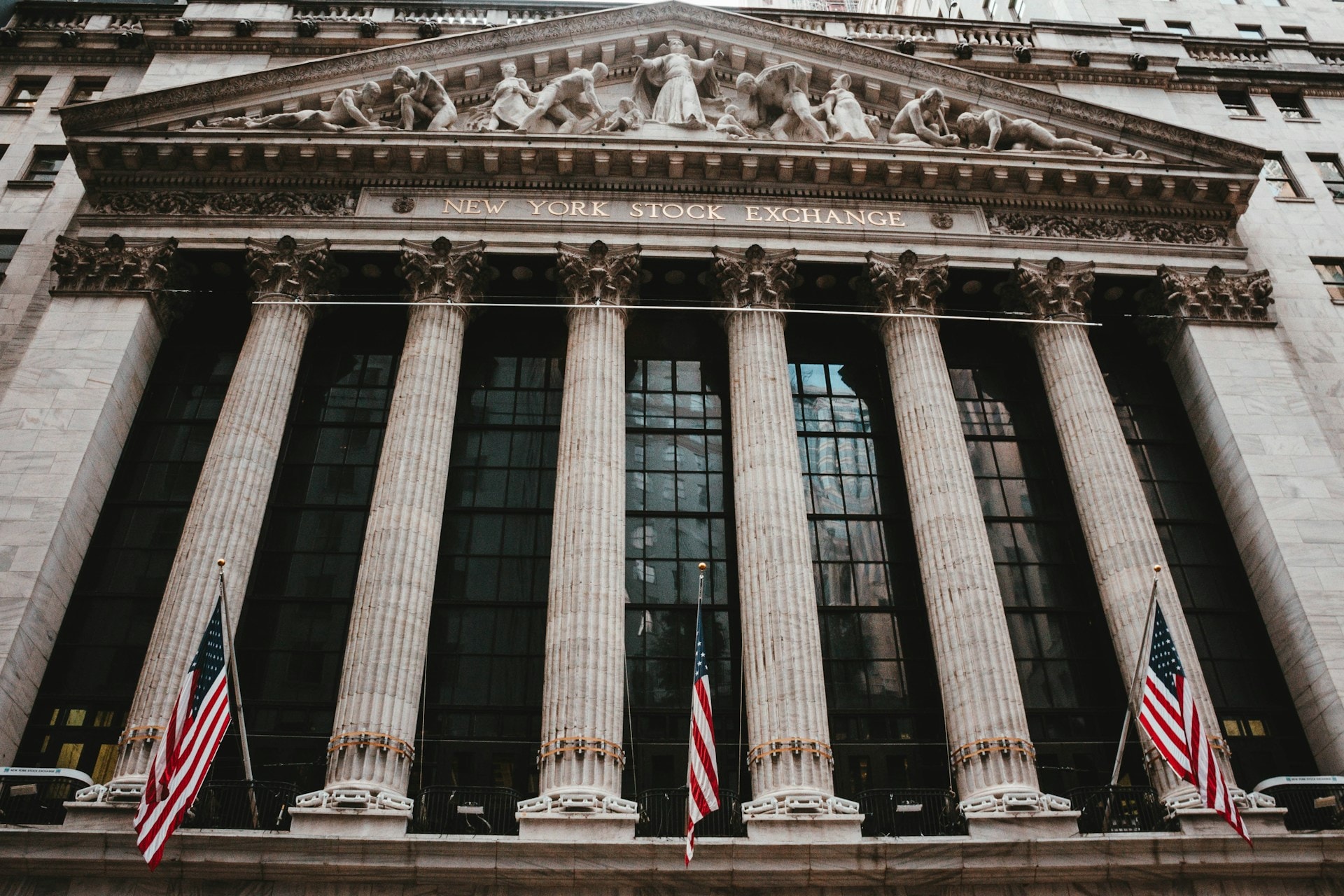As the 34th anniversary of the 1989 Tiananmen Square massacre draws near, China’s censors have gone into overdrive. Like they do every year anything that could possibly refer to the event – be they numbers, emojis, or cakes – must be scrubbed from the internet. While offline security services are on high alert, with those who may attempt to memorialise the event often detained in advance.
In the days leading up to the June 4th anniversary of Tiananmen China’s already constricted internet gets even tighter. Key words or numbers that could be used to refer to the massacre are censored with users not being able to post or search for them. This includes phrases that were once used to get around censorship, such as May 35th – used to mean June 4th by adding the 31 days of May with 4 days of June.
Typically, the candle and other emojis like birthday cakes are removed from keyboards. This is because candles are used to remember those who were killed in the massacre.
It is unknown how many people exactly died in and around Tiananmen Square, with estimates putting it at 100’s or thousands of peaceful protesters being killed after the Chinese government ordered the People’s Liberation Army to crush the protests. Protests had occurred across China, calling for political changes and greater freedoms.
"Going to march, Tiananmen Square."
"Why?"
"It's my duty."Source: BBC#June4 #TiananmenSquareMassacre pic.twitter.com/cEf178Wxhh
— Nathan Law 羅冠聰 (@nathanlawkc) June 4, 2023
Leaked instructions for Douyin, the TikTok application used in China, show the extremes censors will go. It banned official accounts and key opinion leaders from publishing content on the 3rd, 4th, and 5th of June. Those running official accounts must also pay attention to comment sections on older posts, ensuring that amongst other requirements there are no comments containing “numbers with unclear implications”, “old photos with a throwback feel”, or “objects lined up in a row”.
The number of comments or likes on a post should also never reach a sensitive number.
With every anniversary new things are added to the list of what must be censorored. This year Baidu (China’s largest search engine) removed Sitong bridge from maps. This bridge in Beijing was the site of a rare protest in October 2022, when a lone protester hung banners criticising the Chinese Communist Party and calling for freedom.
VPN’s, tools that create a secure connection between a computer or phone and a remote server which allows China’s great firewall to be bypassed, are also restricted even more then normal. Users often report them not working properly in the run up to sensitive dates like June 4th. This limits people’s ability to access uncensored information from the internet outside of China.
Democracy protest, Tiananmen Square, May 1989. pic.twitter.com/cvFP9HnFdv
— 马建 Ma Jian (@majian53) June 3, 2023
As the government attempts to wipe Tiananmen from the collective memory of China, with no mention in history books and censorship strictly controlling discussion of it, some inadvertently cross a line they did not know even existed.
Last year Li Jiaqi, a blogger with millions of fans, had his livestream removed abruptly shortly before the anniversary of Tiananmen after his guest showed a cake in the shape of a tank. An image that is censored due to the infamous tank man photo.
Related Articles: UN Says China’s Abuses in Xinjiang May Constitute ‘Crimes Against Humanity’ | Taiwan: Could China’s War Games Turn Real? | Ukraine War: Why Is Russia Asking China for Military Aid?
As with most censorship, the active measures taken by the government are only one part. Self censorship also plays a key role. June 4th is sometimes referred to as “internet maintenance day” for the number of sites that go down for maintenance. The site operators finding it easier to simply remove the site then risking accidently having something that could be construed as linked to Tiananmen being posted.
Physical controls: From the Tiananmen Mothers to Hong Kong
Control around the Tiananmen Square anniversary is unsurprisingly not just limited to cyberspace. In the run up to the anniversary and other sensitive dates individuals who the government deem as who might potentially cause trouble are often detained, interrogated, and threatened. This includes survivors of the massacre and people from groups like the Tiananmen Mothers, a loosely organised group of family members of victims of the Tiananmen Massacre.
In a 2008 petition by The Tiananmen Mothers they wrote: “China has become like an airtight iron chamber and all the demands of the people about June 4, all the anguish, lament and moaning of the victims’ relatives and the wounded have been sealed off.”
Previously, Hong Kong was the only place in China where the massacre was memorialised. A legacy of the One Country Two Systems that left Hong Kong with greater freedoms after the 1997 handover of the city from the United Kingdom which had colonised it to China. But following the passage of a new National Security Law in 2020 commemoration events have been banned.
#UPDATE Hong Kong police detained Alexandra Wong, a prominent democracy activist better known as "Grandma Wong" on Sunday, the 34th anniversary of the Tiananmen Square crackdown, AFP reporters said. pic.twitter.com/w1C5rdpqq6
— AFP News Agency (@AFP) June 4, 2023
Last year 24 people were charged for ignoring the ban, and people have already been arrested this year.
In Victoria Park, where the annual Tianaman vigil has been held for years with tens of thousands attending, this year a pro-government festival is being held.
While censorship and controls have cut open discussion of the Tiananmen Square massacre within China, and now even Hong Kong, every year the event is still memorialised outside the country. In meetings, vigils, marches, and protests in cities across the world across the world, people come together in memory of those who lost their lives, and to continue to call for the changes that protesters peacefully demanded 34 years ago.
Editor’s Note: The opinions expressed here by Impakter.com columnists are their own, not those of Impakter.com. — In the Featured Photo: Protesters in Tiananmen Square in 1989 . Featured Photo Credit: Wikimedia Commons.


